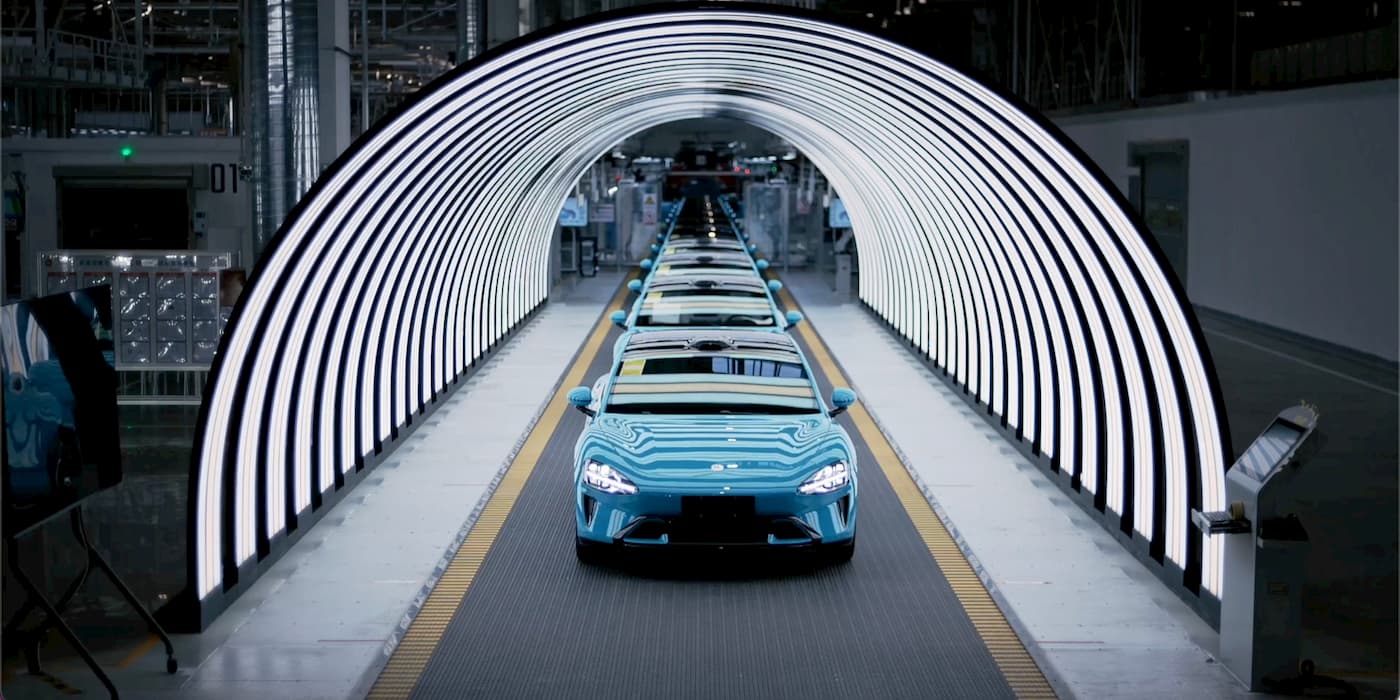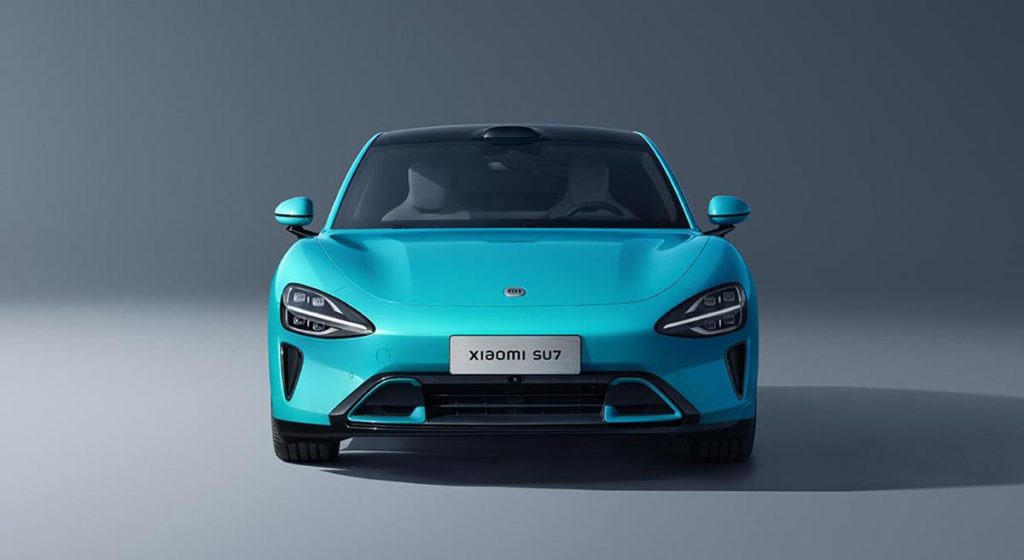
China’s Xiaomi has reported a 30.5% growth in third-quarter revenue for its EV business, with the company also bumping up its yearly delivery target for the SU7 series EVs to 130,000 units.
Back in May, Xiaomi – the world’s third-largest smartphone maker – had said that it planned to build 100,000 EVs by the end of the year, with the company well on its way to achieving that goal. CEO Lei Jun said on his social media account that the company was bumping up its previous target of 120,000 of its first EV as “demand surges,” reports Reuters.
Last December, Xiaomi debuted its first vehicle, the SU7, which officially launched in March, offering three versions – Standard, Pro, and Max, with the Standard starting at $30,761 – strategically about $4,000 cheaper than the price of Tesla’s Model 3 in China. A souped-up hypercar version, the Ultra, has also since been unveiled.

Since its launch, the SU7 has been a hit in China and is set to easily surpass production goals of 100,000 units one month early. To boost that momentum, Xiaomi now expects to complete the construction of an expansion of its EV factory in mid-2025, which should ramp up its numbers even more – at least, that’s the aim.
In the third quarter of this year, Xiaomi has said that it delivered 39,790 units of the SU7, for a total sales figure from its March launch to the end of September to 67,157 units.
Huatai Securities has forecast Xiaomi will deliver 400,000 EVs in 2025, with its EV business accounting for about a fifth of its revenue compared with 8% this year, Reuters reports.
Of course, analysts have predicted the company would lose money on its SU7, to the tune of around $10,000 a vehicle, but the smartphone maker has a tidy cash reserve of $15 billion to help it weather the storm.

While facing plenty of competition in China from the likes of BYD, the company has, for one, tremendous brand appeal to the Chinese consumer, who are already familiar with its products and user interfaces. In addition to an alluring price point, the SU7 is a connected car that syncs with other devices. Compared to other EV makers, Xiaomi, too, has an edge on software and a jumpstart on autonomous driving, which it has been testing on roads for a few years.
The company says it plans to invest $10 billion over the next 10 years in building its EV empire, reports have said. By the end of the year, the company expects to expand to 22 sales stores, 135 service centers, and 53 delivery hubs in 59 cities.
If you’re an electric vehicle owner, charge up your car at home with rooftop solar panels. To make sure you find a trusted, reliable solar installer near you that offers competitive pricing on solar, check out EnergySage, a free service that makes it easy for you to go solar. They have hundreds of pre-vetted solar installers competing for your business, ensuring you get high quality solutions and save 20-30% compared to going it alone. Plus, it’s free to use and you won’t get sales calls until you select an installer and share your phone number with them.
Your personalized solar quotes are easy to compare online and you’ll get access to unbiased Energy Advisers to help you every step of the way. Get started here.
